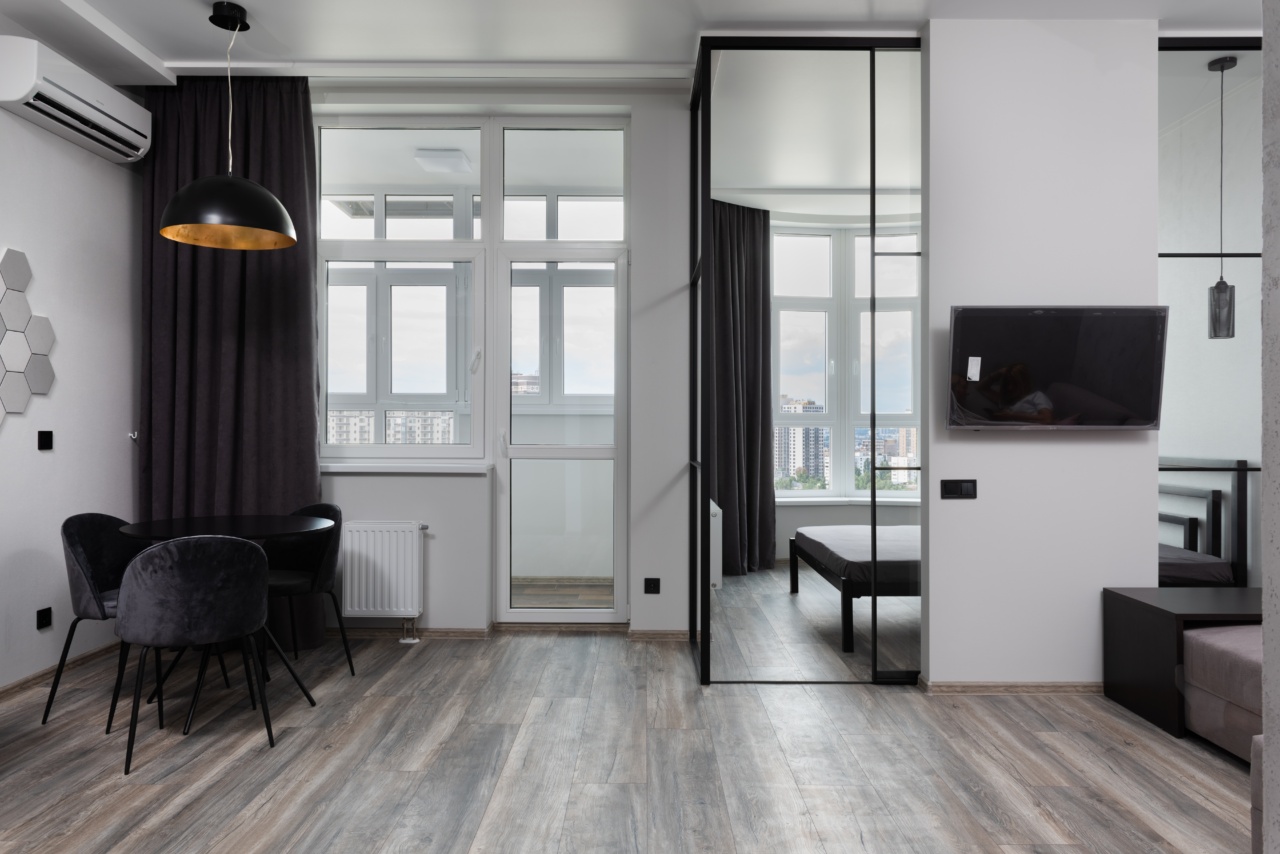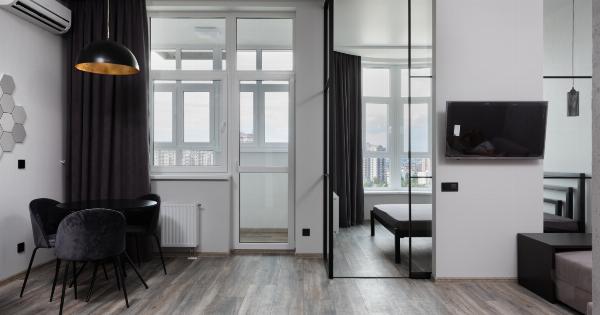Air conditioning systems are a ubiquitous part of modern life. They provide a comfortable indoor environment, especially during hot and humid days. However, the extent to which these systems affect our health is a topic of concern.
In this article, we will discuss how air conditioning affects your health and what measures you can take to minimize the risks.
Dehydration and dryness
The air conditioning system works by removing moisture from the air, which can lead to a dry environment. As a result, people who spend long periods in air-conditioned spaces can become dehydrated. They are also at risk of dry skin, eyes, and throat.
Dehydration can lead to headaches, dizziness, and fatigue. It can also affect the functioning of the immune system and cause respiratory infections, especially in the elderly and people with pre-existing conditions.
Allergies and respiratory problems
Air conditioning systems can be a breeding ground for bacteria, molds, and fungi. If the filters and ducts are not cleaned regularly, these microorganisms can circulate and contaminate the indoor air.
People who are sensitive or allergic to such particles can develop respiratory problems, such as asthma, allergies, and bronchitis. The air conditioning can also exacerbate existing conditions, such as chronic obstructive pulmonary disease (COPD) and emphysema.
Temperature fluctuations and stress
Air conditioning systems can create temperature imbalances and fluctuations, especially in large spaces or buildings. As a result, people may feel cold or hot at different times, leading to discomfort, fatigue, and stress.
This can affect their productivity, mood, and overall well-being. Extreme temperature changes can also cause thermal shock, especially in sensitive individuals, and lead to cardiovascular problems.
Eye strain and headaches
The cool air from the air conditioning can cause rapid evaporation of the tear film, leading to dry eye syndrome and eye strain. This can cause blurred vision, burning, itching, and redness of the eyes.
The air conditioning can also affect the nervous system and trigger headaches and migraines. People who spend a lot of time in air-conditioned spaces may need to wear eye drops and take breaks to avoid eye and head discomfort.
Immune system and infections
The air conditioning can affect the immune system by reducing the body’s natural defense mechanisms. This is because the cold and dry air can irritate the mucous membranes in the nose and throat, making them more vulnerable to infections.
Also, bacteria and viruses thrive in air-conditioned spaces because of the confined environment and poor ventilation. This can increase the risk of airborne diseases, such as influenza, colds, and Legionnaires’ disease.
Noise pollution and sleep disturbance
Air conditioning systems can produce noise and vibration, especially if they are old or poorly maintained. This can affect the quality of sleep and cause sleep disturbance.
People who live or work near air conditioning units may experience constant noise pollution, which can affect their cognitive function, stress levels, and hearing. The noise from air conditioning can also interfere with communication and cause annoyance and irritation.
Carbon dioxide and indoor air quality
The air conditioning can affect indoor air quality by increasing the levels of carbon dioxide (CO2) and other pollutants.
This is because the air circulation and ventilation may not be adequate to remove the stale air and replace it with fresh air from outside. High levels of CO2 can cause drowsiness, headaches, and cognitive impairment. They can also affect the body’s metabolism and lead to chronic diseases, such as diabetes and obesity.
Preventive measures
To minimize the health risks of air conditioning, you can take several preventive measures, such as:.
- Regular maintenance of the air conditioning system, including cleaning and replacing filters and ducts.
- Keeping the temperature moderate and avoiding extreme fluctuations.
- Using a humidifier to add moisture to the indoor air, especially during dry seasons.
- Using natural ventilation by opening windows and doors, especially during mild weather.
- Wearing appropriate clothing that matches the indoor temperature and weather conditions.
- Drinking plenty of water and avoiding excessive consumption of caffeine and alcohol.
- Taking breaks and stretching regularly to avoid eye and body strain.
- Using noise-cancelling devices or earplugs to reduce noise pollution.
- Keeping plants indoors, as they can absorb pollutants and provide oxygen.
- Using air purifiers and cleaning products that are eco-friendly and non-toxic.
Conclusion
Air conditioning systems are beneficial for creating a comfortable indoor environment, especially during hot and humid weather.
However, they can also affect your health in several ways, such as dehydration, allergies, temperature fluctuations, eye strain, immune system, noise pollution, and indoor air quality. To minimize the risks, you should take preventive measures by maintaining the system, staying hydrated and comfortable, using natural ventilation, and avoiding excessive exposure.































